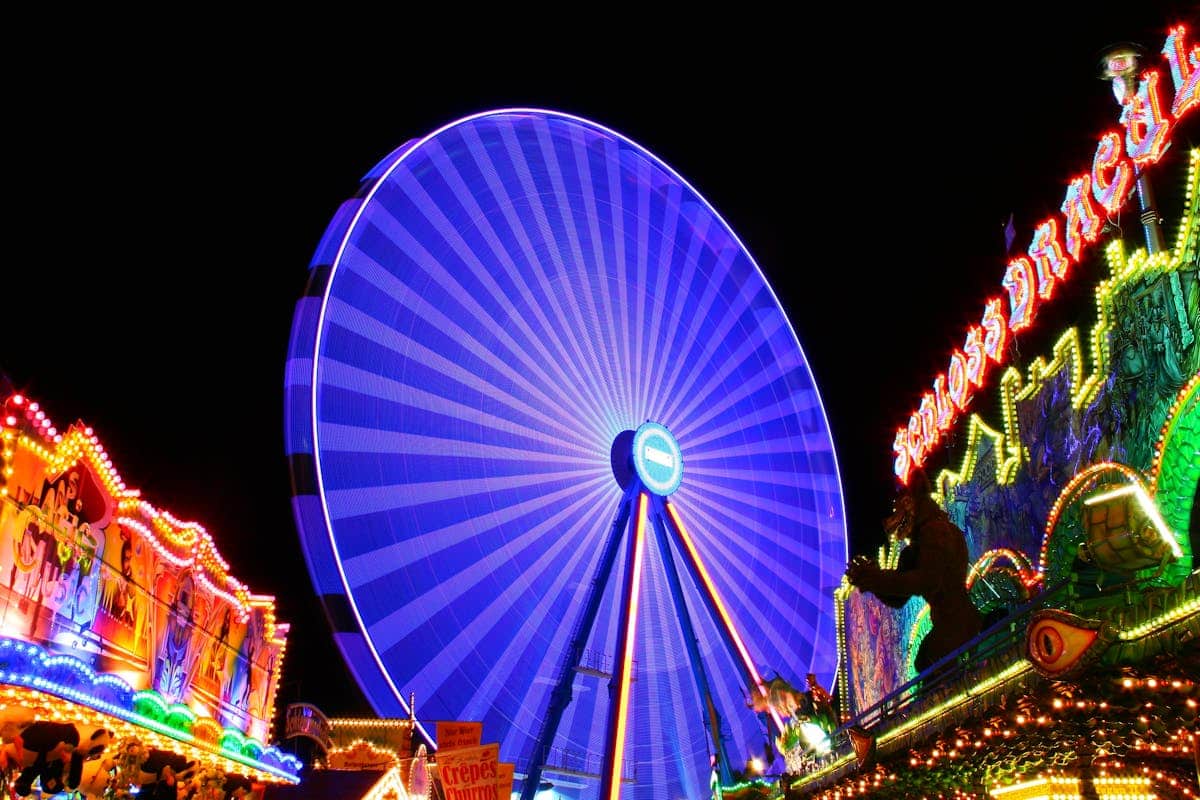Table of Contents
Introduction
Entertainment is evolving. Consumers are no longer satisfied with passive activities like watching television or scrolling through social media. Instead, they are seeking immersive, interactive experiences that engage them on a deeper level. From themed entertainment venues to high-tech gaming hubs, businesses are adapting by offering more engaging and memorable entertainment options.
This shift has been fueled by advancements in technology, changing consumer expectations, and the rise of social experiences that blend digital and real-world interactions. Sites like StrikeWild are part of this transformation, collating the best digital entertainment experiences and reviewing these games.
This article explores why experience-driven entertainment is becoming the new standard, how technology is shaping modern leisure, and what the future holds for immersive digital and real-world entertainment experiences.
The Evolution of Entertainment: From Passive to Immersive
Entertainment has undergone a major transformation in recent years, moving away from passive consumption toward more interactive and engaging formats. Audiences no longer just want to watch—they want to participate.
The Rise of Social and Interactive Experiences
- Immersive art exhibits and themed venues have gained popularity, offering visitors the chance to step inside an experience rather than simply viewing it. Interactive museums and digital art installations are redefining what cultural entertainment looks like.
- Escape rooms and live-action gaming have introduced an element of real-world participation, requiring problem-solving and teamwork to complete challenges.
- Social gaming venues, such as esports bars and VR arcades, allow players to interact in a competitive setting, combining gaming with a strong social component.
Why Consumers Are Prioritizing Experience-Based Leisure Activities
The demand for interactive entertainment is driven by a combination of factors, including technological advancements, changing consumer habits, and the increasing desire for unique social experiences.
The Desire for Social Connection
Digital entertainment is often a solitary experience. Many consumers are now looking for activities that allow them to engage with others in a more meaningful way. Whether through live-action gaming, multiplayer VR experiences, or interactive group events, people want entertainment that brings them together.
The Influence of Technology
Advancements in virtual reality, augmented reality, and AI-driven entertainment have transformed traditional leisure activities. Interactive storytelling, AR-enhanced scavenger hunts, and AI-powered gaming experiences are pushing the boundaries of how people engage with entertainment.
Personalization and Exclusivity
Consumers are increasingly seeking unique and personalized experiences. Businesses are responding by offering customizable entertainment options, from themed escape rooms tailored to specific interests to AI-generated experiences that adapt to individual preferences.
The Role of Digital Platforms in Modern Entertainment
Digital platforms are at the forefront of this shift, providing new ways for consumers to access and engage with interactive entertainment.
- Online platforms are making social gaming more accessible, allowing users to participate in interactive experiences from anywhere.
- Gamification is being used in everything from fitness apps to educational platforms, blending entertainment with real-world benefits.
- Digital entertainment hubs are creating new ways for audiences to engage with games and social experiences, whether through competitive challenges or community-driven content.
The Future of Immersive Entertainment
As consumer expectations continue to evolve, the entertainment industry will need to keep innovating to stay ahead of the curve.
- AI-driven experiences will provide more adaptive and personalized entertainment, adjusting in real time based on user input.
- The integration of augmented reality into everyday life will create new opportunities for location-based entertainment and interactive storytelling.
- Businesses will continue to focus on blending physical and digital entertainment, offering hybrid experiences that merge online engagement with real-world activities.
Conclusion
The entertainment landscape is shifting toward immersive, interactive experiences that prioritize social engagement and personalization. Consumers are looking for activities that offer more than just passive entertainment—they want to be part of the action. From gaming hubs to interactive art spaces, the demand for experience-driven entertainment is shaping the future of leisure.
As digital platforms continue to evolve, many industries are helping to redefine what entertainment looks like in a world where engagement and interaction are key. The future of entertainment lies in experiences that bring people together, blur the lines between the digital and physical worlds, and create lasting memories for participants.


